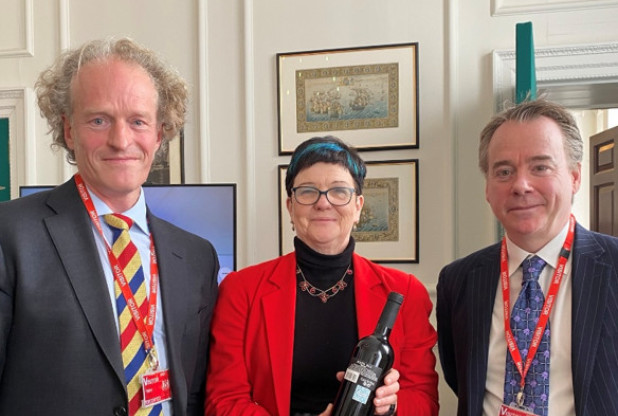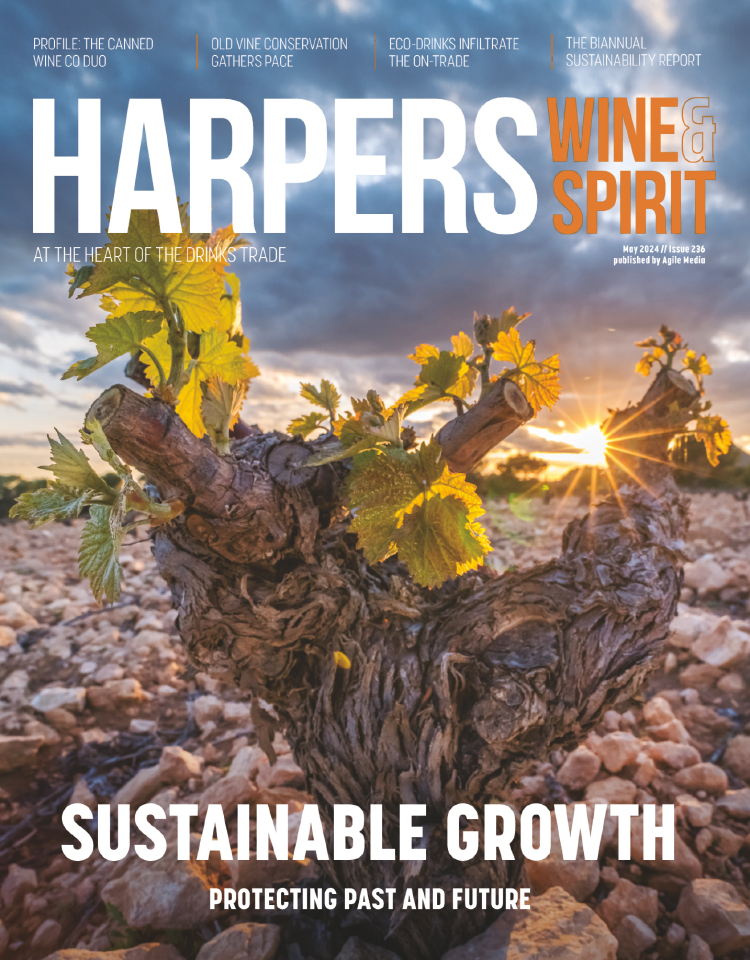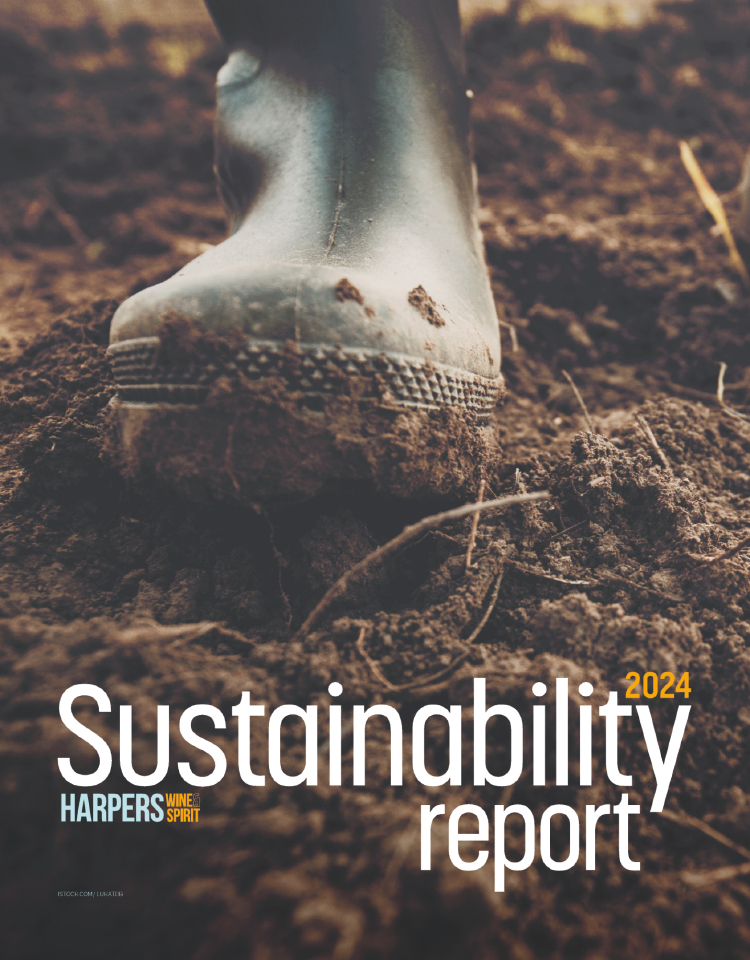
Félix Solís Avantis trials QR codes and digital seals for UK exports
In a bid to reduce export times and mitigate “Brexit costs” Spanish wine company Félix Solís Avantis is trialling shipments using blockchain technology.
Working in collaboration with Chaivine and Fujitsu UK & Ireland, Felix Solis has been developing a new solution called Atamai Freight.
Through the use of QR codes on trucks and containers, Atamai Freight is intended to allow different government agencies, customers, producers and consumers to access the key information needed through a secure platform, to create an agency of trust between all parties during the exporting process.
Following Brexit, the UK wine industry has seen import costs rise sharply, along with the need to increase working capital, estimated at an extra £300m per week, according to Félix Solís.
These “Brexit costs”, combined with the increased duty costs from August 2023, at over £440m per annum, are placing severe financial stresses on the UK wine industry and are costing British consumers more through rising prices, reflecting the wider UK food inflation in February at 18.2%, the company added.
Richard Cochrane, MD of Felix Solis UK (pictured, left) said: “With this new technology, export times in Spanish wines could be reduced by 25%, helping to reduce the increase that Brexit has meant in the working capital of the total Spanish supply chain by €30 million per week.
“The potential to automate the export declaration process will help save an additional million euros per year. The commercial cost of Brexit has a direct impact on both UK consumers and Spanish producers, so it is worth exploring new methods of reducing export costs, given the wider inflation of the food industry.”
The first test shipment has been conducted from the main winery of Félix Solís in Valdepeñas. During the journey, it was possible to monitor the cargo continuously through to its arrival at a Tesco distribution centre in the UK. From the pick-up point to the destination, the geolocation of the shipment was shared with each party and all shipping documents were transported electronically via the access QR code along with the necessary data to allow entry into the UK with full security.
Following the successful completion of the trial, Cochrane held a meeting with the minister of the state of the United Kingdom, Baroness Neville-Rolfe (centre), as well as Oliver Oram, the CEO of Chainvine (right), and Ian Clark, Fujitsu UK & Ireland's chief digital officer for Customs and Trade. Together, they reportedly explored the initiative in detail and the potential benefits of streamlining customs and border processes. The next steps potentially include scaling up the tests and creating incentives for the industry to actively participate, including possible "green lanes” at the port.







